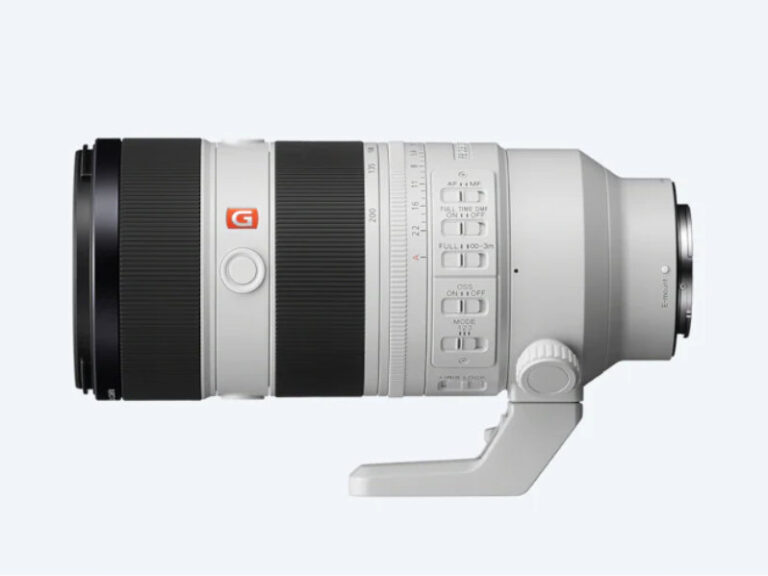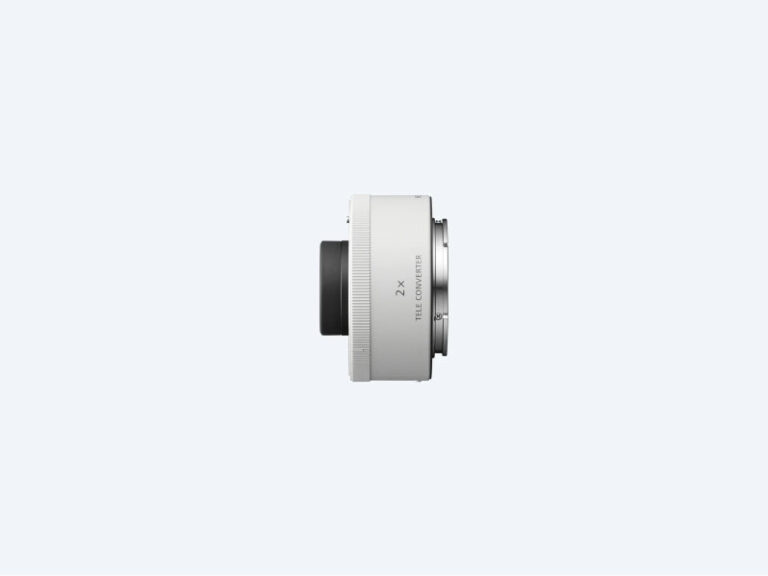So, along the long road to Broome, I found myself resting up in the caravan park in Kununurra for a couple of days. Located right on the Kununurra lake, it is a beautiful place to hang for a while and rejuvenate after a lot of driving. What could be better than relaxing, lake side and watching the sun go down over the Kimberley right?
Well, you can do that, you simply have to be mindful of the fact that freshwater crocodiles may just pop out of the water and soak up the sun at the same time! The good news is that it offers a great opportunity to view these amazing animals up close, as they will generally leave you alone, if you leave them alone. Rules to live by out here!



